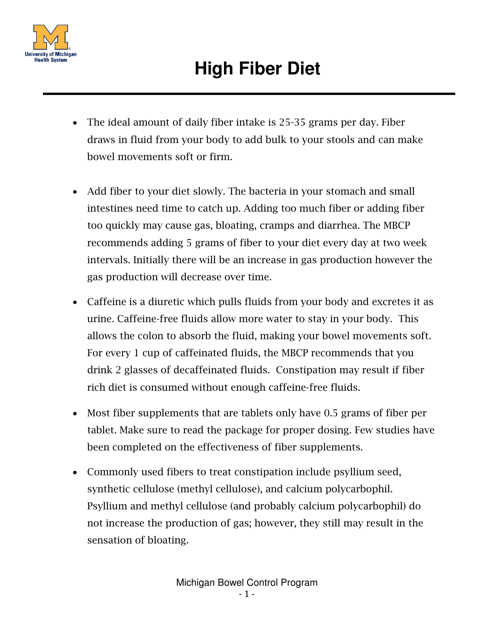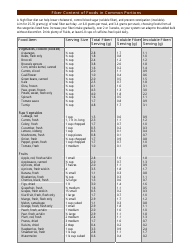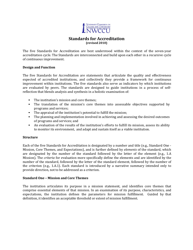High Fiber Diet - University of Michigan
The High Fiber Diet at the University of Michigan is designed to provide information and guidance on incorporating high fiber foods into your diet. It aims to help promote digestive health, maintain a healthy weight, and reduce the risk of certain diseases.
FAQ
Q: What is a high fiber diet?
A: A high fiber diet is a diet that includes foods that are rich in fiber.
Q: Why is fiber important for our health?
A: Fiber is important for our health because it helps regulate digestion, prevents constipation, and may reduce the risk of certain diseases.
Q: What are some examples of high fiber foods?
A: Some examples of high fiber foods include fruits, vegetables, whole grains, beans, and nuts.
Q: How much fiber should I consume daily?
A: The recommended daily intake of fiber for adults is about 25-38 grams.
Q: What are the benefits of a high fiber diet?
A: Benefits of a high fiber diet include improved digestion, weight management, lower cholesterol levels, and reduced risk of heart disease and certain types of cancer.
Q: Are there any risks associated with a high fiber diet?
A: Consuming too much fiber without proper hydration can lead to digestive issues such as bloating and gas. It's important to drink enough water when following a high fiber diet.



























